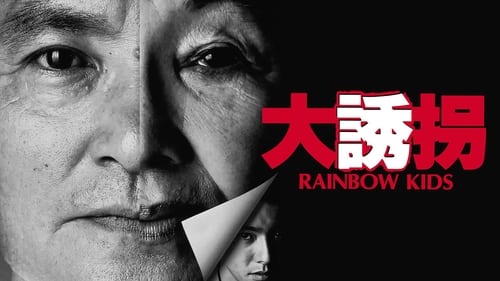
A wealthy matriarch is kidnapped by a gang of three. She is insulted by the amount of money they propose to demand as ransom, and a strange interchange of roles takes place.

Minowada, a young teacher at a National People's School, has his own theory of education and the daughter of his linguistics teacher becomes drawn to him. Kayo, a strong-willed doctor, is also attracted to him. A mediator tries to arrange a marriage but just at that point Minowada receives military call-up papers.

Nagano

"Around the time he made such remarkably ambivalent war films as Mud and Soldiers and Five Scouts, Tasaka directed this 'home front' comedy-drama which is too bizarre to be serious propaganda. [The plot revolves around a public contribution campaign to buy airplanes.] The mayor's aviator son promises to fly over the village in salute, and much of the narrative concerns the preparations for this great event. Tasaka throws in a few songs, some village humor and satire, and tremendous camera mobility, finally wringing every possible effect from his climax." John Gillett, British Film Institute

A group of Japanese soldiers land in Chinese territory. They advance on a village ; one soldier, Norimoto, is killed in the attack, but the village is captured. Norimoto’s body is recovered and buried. Over the next two days, the soldiers advance inland. Two more soldiers, Naito and Takahashi, are injured. They remain behind to recover, but vow to catch up. Their comrades march on...

An early example of the Japanese war film, closer to documentary realism than the kind of propaganda produced at the height of the Pacific War. "A company commander calls on five men. They are to reconnoiter, but on their way they are attacked. Only four of them return. While his companions mourn the fifth straggles back. Soon after comes the order to move out for a general attack. The men know that this time there will be no returning." (Donald Richie)

One of Uchida’s early sound films, Unending Advance is based on a curious story by Yasujiro Ozu, in which an examination of the quotidian problems of a middle-aged salaryman and his family segues into an idyllic dream of an implausible future. The surviving print, although incomplete, offers an essential glimpse into Uchida’s prewar period, when he was associated more with realist dramas than with the period films that dominated his work after the war.

A 1937 Japanese language film directed by Tomu Uchida, starring Ryo Akaboshi, Mitsuru Date and Hisao Furutani.

Two brothers run a factory canning crabs. The elder brother Kotaro is righteous and insists on honesty. The younger brother is fixated on money. They are polar opposites. When a boat sails out looking for crab and does not return one day the brothers begin to argue over how to run their facility. They had just received a large order from a foreign country and had obtained a loan from a lender that needed to be repaid.







